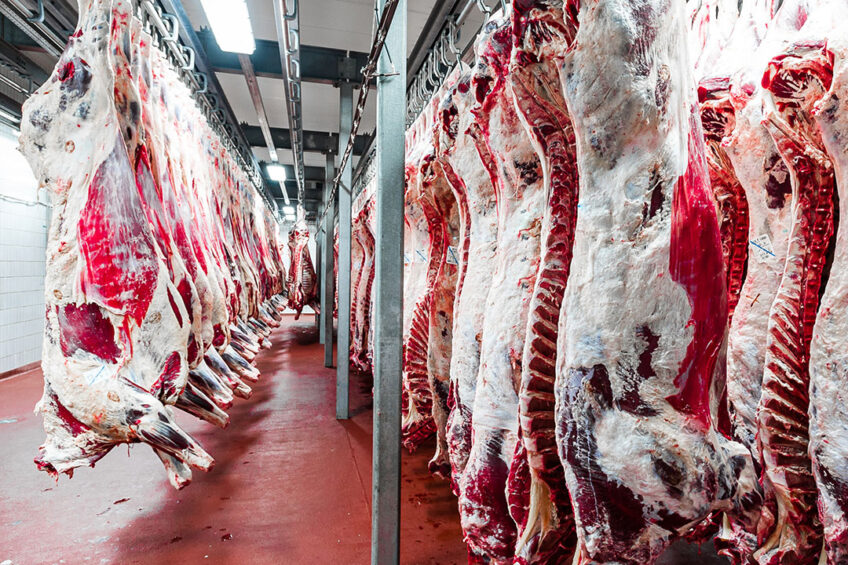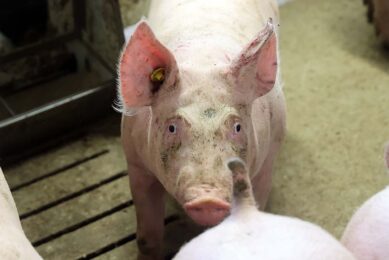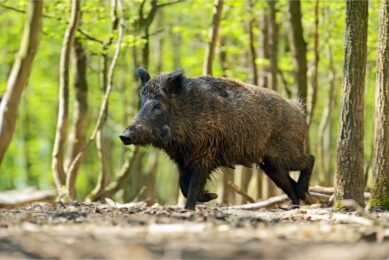Pig production North America shrinks but US exports remain strong

Pig production in North America is shrinking and the decline is not expected to reverse any time soon.
One of Canada’s largest integrated firms, Olymel, announced at the end of May that it will reduce pig production on the Prairies. It will close 5 sow units in Alberta and 1 in Saskatchewan, shrinking the firm’s western sow herd to 40,000 from 57,000. About 80 jobs will be lost, and about 200,000 less market hogs will annually be processed at Olymel’s slaughter plant in Red Deer, Alberta.
This follows the recent closure of a large Olymel pig processing plant in Quebec, affecting almost 1000 workers. Announcing the western closures, Olymel’s new CEO, Yanick Gervais, stated publicly that over the past 2 years, the company has experienced heavy financial losses because of pandemic restrictions, labour shortages, rising inflation and the instability of export markets, especially China. “Now, coupled with stubbornly high feed costs resulting in unprecedent losses in the hog sector, we have little choice but to retract and position ourselves for success in the future when conditions improve.”
US outlook similar
Industry commentator and President of Genesus Jim Long stated on May 30 that the industry is struggling, after a price collapse due to the pandemic, with high feed prices and continued increases in other costs such as labour and electricity. “The longer losses continue, the greater the liquidation,” he stated. “We believe at this point at least 300,000 sows of liquidation have been put in motion in US, Canada, Mexico combined. Every week losses continue at current levels.” This equates to 15,000 to 20,000 sows every 7 days.
Prop 12
The need to comply with Prop 12 will also lead to fewer sows, predicts Long, because many older producers will simply retire rather than make the costly investments. Non-crate housing also comes with lower expected farrowing rates and smaller litter sizes. At the same time, Long reports that the US industry is overall not seeing any sow productivity gains, but is seeing higher and higher wean-to-finish mortality. He estimates that there will be 300,000 fewer sows in the US in 2024, and therefore roughly 5.5–6 million fewer market hogs.
USDA numbers
The US Department of Agriculture (USDA) March 2023 quarterly Hogs and Pigs report shows the US pig inventory as of March 1, 2023 was up slightly from March 1, 2022, but down 2% from December 1, 2022. The average cost of raising US pigs in February 2023 was 13% higher than last year, and a whopping 53% higher than in 2020. However, US pork exports this year were 12% higher in February compared to the year before.
There are strong ongoing US exports of pork variety meats to China, and also large pork volumes being shipped to Mexico, the Philippines and Taiwan.
 Beheer
Beheer








 WP Admin
WP Admin  Bewerk bericht
Bewerk bericht